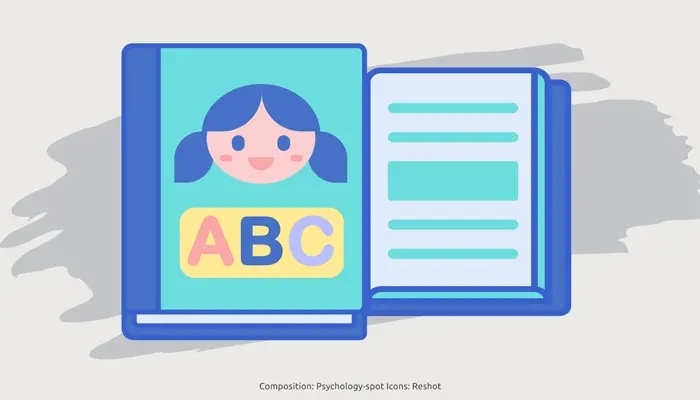
Virtually all children forgot their homework sometimes. In this case, it is believed that a good parent should realize this and bring it to school, so that the child does not feel embarrassed in front of their peers or to prevent the teacher scold him.
However, today there’re more and more opinions contrary to this habit. Teachers and psychologists suggest that when these mistakes are repeated and parents made sure that children avoid the consequences of their neglect, they are really not doing him a favor, but a damage.
The gift that encloses adversity
For most parents words like “error” and “failure” have a terribly negative tone, especially if related to their children, but in reality this profound rejection is just a point of view that inculcated by the society. The error always contains a valuable opportunity for learning that we should never take away from children.
Whenever parents “sabe” their children from the consequences of their mistakes, oversights or wrong choices, interrupt the natural cycle of learning. As a result, children will never become fully mature, but develop an emotional dependency that will prevent them from building the tools to deal with life.
In fact, a study conducted at the University of Pennsylvania found that the ability to recuperate from adversity and persevere in our objectives is critical to succeed in life. Perseverance at an early age is one of the best indicators as to whether a child will finish his university career, much more than intelligence.
The hyper-parenting generates fragile children
Security and trust that parents transmit to their children are essential because they feel safe exploring the world and forming a reassuring image of their surroundings. In fact, a survey of nationwide level conducted by researchers at Pennsylvania State University, which involved more than 100,000 high school students, revealed that 55% of them suffered from anxiety, 45% of depression, and 43% showed signs of heavy stress. One student out of six of those surveyed had been diagnosed or treated for these problems during the past year.
One cause of these problems is the hyper-parenting, children come to school without having developed resilience in an appropriate way, so they are not able to tolerate frustration and deal with problems. These children find it difficult to put things in perspective, and for them a negative judgment can be a devastating blow to their self-esteem.
In fact, the hyper-parenting creates addition, so it will end up undermining children’s self-confidence taking away from them the opportunity to succeed in the future, when they won’t have the parents beside to help them solve the problems and pay for their mistakes. This style of education ends up generating extremely fragile people.
The trap of protectionism
Today many parents fall into what we might call the “trap of protectionism”. This effect was discovered by psychologists at the Arizona State University, who analyzed 70 children between the ages of 6 and 16 who were being treated for depression and anxiety. It was found out that some of the strategies implemented by parents to deal with the emotional problems of their children were not effective at all. Giving them love, care and encourage them to face their fears it worked, but adopting an overprotective attitude ended accentuating the symptoms of anxiety and depression.
The problem of hyper-parenting is that parents not only prevent their children from committing errors preventing them from suffering the consequences of their bad decisions, but also preclude them the little dose of positive fear. But even more puzzling is the fact that the more children will avoid situations that frighten them the more they will be afraid and will be less likely to take risks in the future.
We must remember that childhood is a critical phase in which children can develop those skills that will enable them to face adversity and situations that frighten them. If we do not develop these skills as children, we’re destined to become adults too conservative, who are afraid to leave their comfort zone and consecuently will never be able to live fully.
What is the solution?
This is not to take an extreme position. If one day your child forgets his homework there is nothing wrong in bring it to school. Whenever he needs assistance in a project you can help him and if he has problems with a classmate, you can intervene. But this attitude should not be the norm, but rather the exception.
It is critical that parents leave their children the freedom to make their own mistakes. In this way they will have to bear the consequences of their actions and, therefore, will be forced to adapt their behavior, reorganize their habits and learn from the mistake they committed.
The key is to find the right balance between support and guidance, protection and security, autonomy and independence. Only in this way children will learn to face the world on their own and will develop confidence in their abilities. This is one of the greatest gifts parents can do to them.
Sources:
Holly, L. E. & Pina, A. A. (2015) Variations in the influence of parental socialization of anxiety among clinic referred children. Child Psychiatry Hum Dev; 46(3): 474-484.
Eskreis, L. et. Al. (2014) The grit effect: predicting retention in the military, the workplace, school and marriage. Front Psychol; 5: 36.
Silverman W. K. et. Al. (2009) Directionality of change in youth anxiety treatment involving parents: An initial examination. Journal of Consulting and Clinical Psychology; 77: 474–485.



